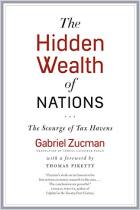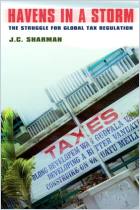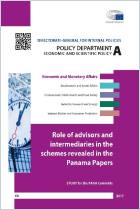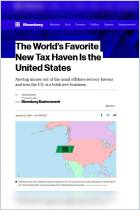
Read or listen offline
Recommendation
Some aspects of offshore finance take place in a murky world of sham transactions in exotic locales, yet many economists say tax havens play an important role in greasing the machinery of global capitalism and keeping tax-raising bureaucrats at bay. Authors Ronen Palan, Richard Murphy and Christian Chavagneux beg to differ. They see tax havens as fundamentally dishonest; these “fiscal paradises” favor the haves at the expense of the have-nots. While their opinions on the subject are clear, the authors also provide a thorough overview of what’s going on in the world’s tax havens and what the future might hold for them. Their writing style is a bit dry and disorganized, but they offer plenty of juicy details about the places and institutions that enable tax evasion. getAbstract recommends this book to readers seeking an in-depth study of the rise of offshore financial centers and their place in global finance.
Summary
About the Authors
Ronen Palan teaches international political economy at the University of Birmingham, Richard Murphy is CEO of Tax Research LLC in Britain, and Christian Chavagneux is deputy editor in chief of Alternatives Economiques and editor of L’Economie politique.
























Comment on this summary or Diskussion beginnen